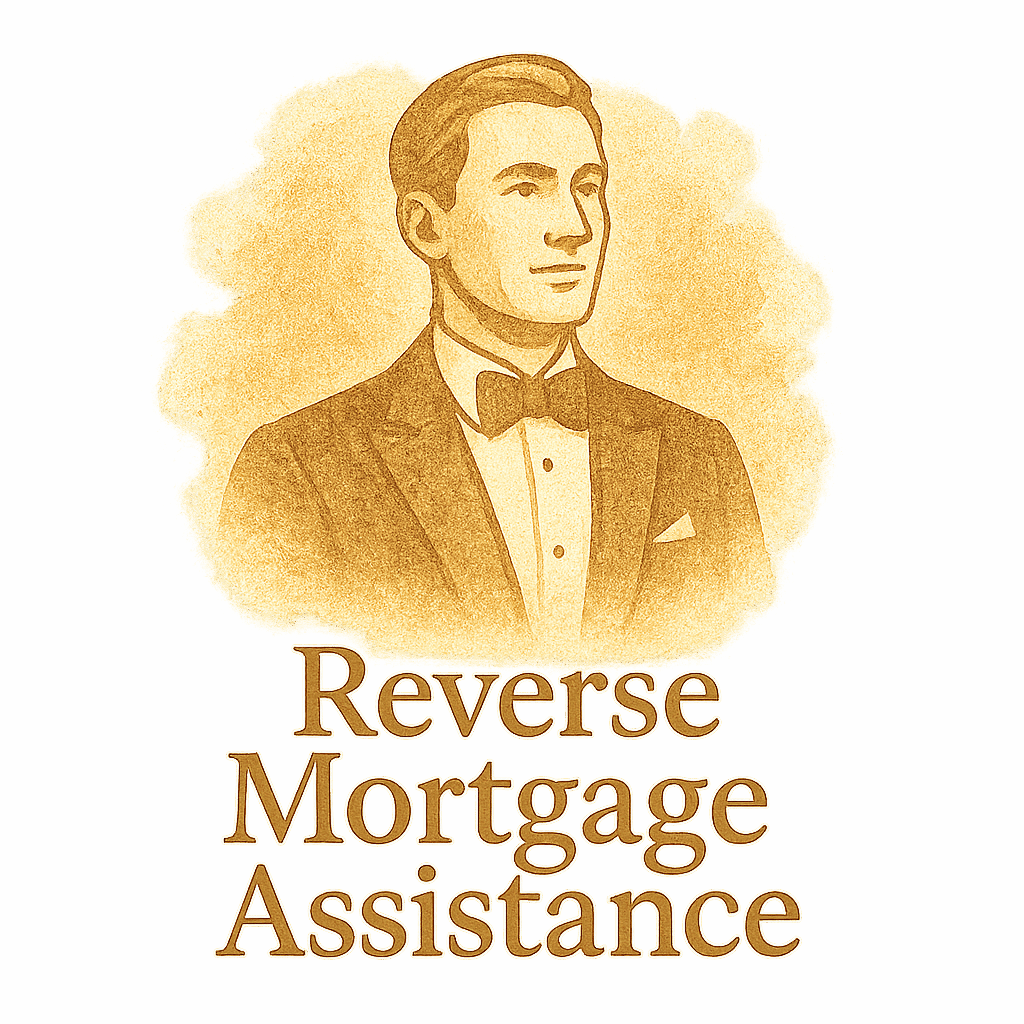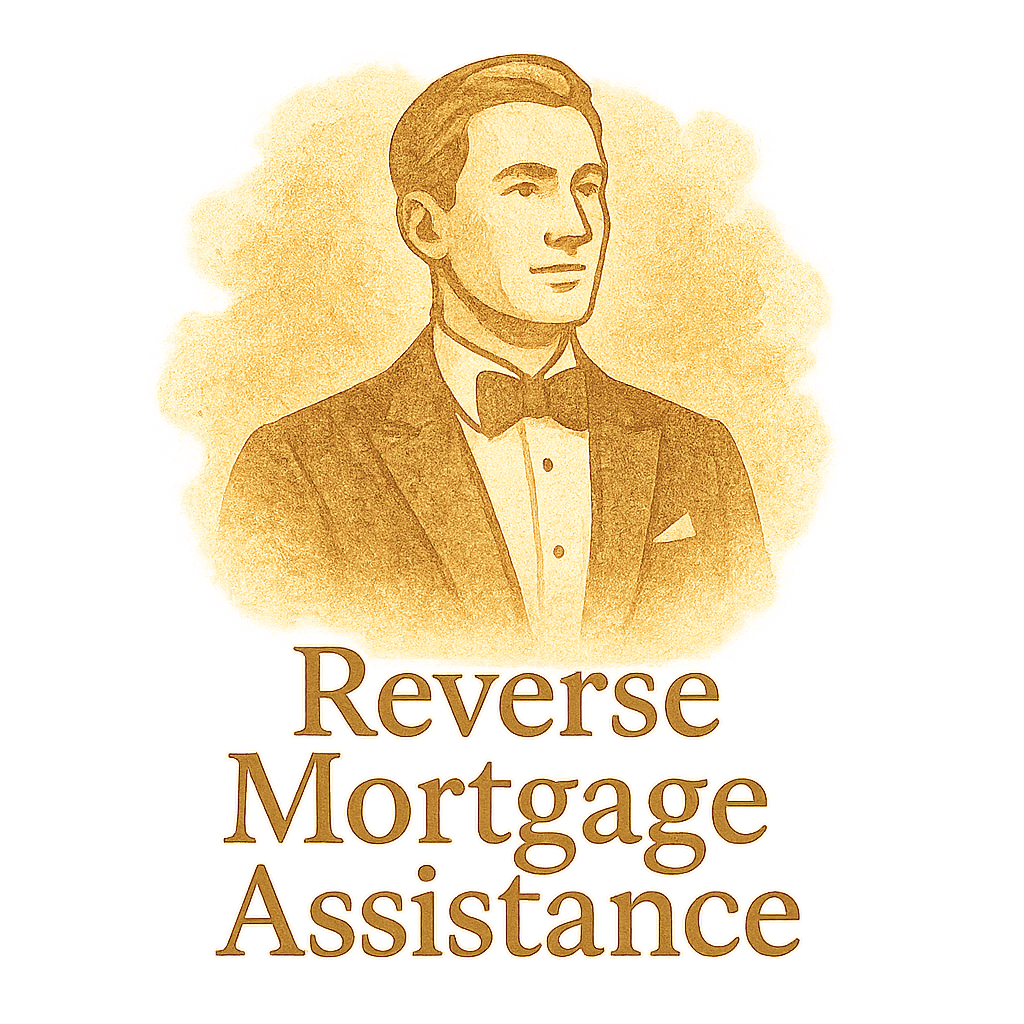Introduction
Let’s be honest: reverse mortgages sound scary to a lot of people. If you’re a senior or a family member helping a loved one with financial decisions, you’ve probably heard some horror stories. But how much of that fear is actually rooted in facts? With help from industry experts, we’re debunking the six biggest fears about reverse mortgages. By the end of this guide, you’ll have a clearer picture of whether this option is right for you or your family.
(And don’t worry, we’re not selling you anything—just giving you the real scoop with expert-backed insights.)
Fear #1: “I’ll Lose My Home”
Understanding Home Ownership in Reverse Mortgages
This is probably the number one fear we hear: “If I take out a reverse mortgage, will I have to leave my home?” The answer? Nope. With a reverse mortgage, you remain the homeowner.
The key is to follow basic responsibilities like living in the home as your primary residence, paying property taxes, maintaining insurance, and keeping the place in good shape.
Legal Protections for Seniors
Reverse mortgages are federally regulated under HUD. As long as you meet your obligations, you can live in your home for as long as you want. To learn more about your legal rights, visit our detailed section on Legal & Regulatory.
Also, you can check out our in-depth page on Reverse Mortgage Basics for further clarification on how home ownership is protected.
Fear #2: “My Kids Won’t Inherit Anything”
Home Equity & Inheritance Planning
This one tugs at the heartstrings. Many seniors worry their children will lose out if they tap into their home’s equity. The reality? Your heirs can still inherit the home. When the loan comes due (usually after the last borrower passes away), your heirs have the option to repay the loan and keep the house—or sell it and keep the remaining equity.
We cover more about this in our Mortgage Planning section.
Communicating With Heirs
One of the best things you can do is have an open conversation with your heirs early. Talk about expectations, financial needs, and options. We even explore this topic in our Retirement Tag for families considering legacy planning.
Fear #3: “It’s Too Good to Be True”
Common Reverse Mortgage Myths
Here’s the thing: if something sounds too good to be true, dig deeper. Reverse mortgages aren’t magic—they’re loans. And like any financial product, they come with pros and cons. But they’re also highly regulated and increasingly transparent.
Dive deeper into common misunderstandings on our Mortgage Myths & Truths page.
Breaking Down the Numbers
When you compare reverse mortgages with traditional ones or lines of credit, they may offer more flexibility. Especially for retirees on fixed incomes. See our full Loan Comparison Guide for side-by-side details.

Fear #4: “I’ll Owe More Than My Home Is Worth”
The Role of FHA Insurance
This is where a lot of folks panic. But reverse mortgages are non-recourse loans. That means you’ll never owe more than your home is worth—thanks to FHA insurance.
Non-Recourse Loan Explanation
If the home’s value drops below the loan amount, FHA insurance covers the difference—not you or your heirs. Check out our related Loan Comparison Tag and Equity Tag for further breakdowns.
Fear #5: “The Fees Are Outrageous”
Real Talk About Costs
Let’s get real: reverse mortgages aren’t free. There are fees, yes. But so do traditional mortgages. Some are upfront (like origination fees), while others are ongoing (like servicing fees). The good news? Many can be rolled into the loan itself.
Comparing Loans: Traditional vs. Reverse
Sometimes reverse mortgages are actually cheaper long-term, especially if they prevent you from draining savings or racking up high-interest debt. Our Loan Comparison Page walks you through it.
We also highlight financial nuances over on our Mortgage Basics Tag.
Fear #6: “It’s a Scam or Too Complicated”
The Truth Behind the Contracts
Some of this fear is totally valid. We’ve all heard shady stories. But reverse mortgages from federally backed lenders come with mandatory third-party counseling and layers of legal review. Plus, everything’s documented in clear contracts.
You can review terms in our Contracts Tag and Legal Terms Tag.
Choosing a Trusted Lender
Always work with a HUD-approved lender. And never skip the counseling session. That’s your chance to ask questions and feel out your comfort level.
Why Education and Expert Guidance Matter
Navigating Legal & Regulatory Waters
Understanding how reverse mortgages work isn’t just about reading fine print—it’s about having experts guide you. Our Legal & Regulatory resource center exists for exactly that.
Mortgage Planning With Confidence
Reverse mortgages are tools—not traps. With proper planning, they can support everything from long-term care to travel dreams. Learn how to prepare confidently in our Preparation Tag.
The Benefits That Often Get Overlooked
Financial Flexibility During Retirement
Reverse mortgages provide liquidity without needing to sell your home. That means peace of mind and options—especially when unexpected medical or living expenses come knocking.
Explore more in our Seniors Tag and Outcomes Tag.
Case Studies: Outcomes That Matter
Check out real-world stories in our Mortgage Case Studies section—because nothing tells the truth better than actual experience.
Conclusion
So, are reverse mortgages scary? They can be—if you don’t understand them. But with the right information and expert guidance, they’re a legitimate financial tool that can bring peace of mind, freedom, and stability during retirement.
Fear comes from the unknown. So flip the script—educate yourself, talk to professionals, and make the decision that fits your life best. You’ve worked hard for your home. Now let it work for you.
FAQs
1. Is a reverse mortgage really safe for seniors?
Yes, as long as you meet the loan terms (like paying taxes and living in the home), you’re protected under federal law.
2. Can I still leave my house to my children?
Absolutely. Your heirs can either repay the loan and keep the home, or sell it and retain any leftover equity.
3. What happens if my home value drops?
Reverse mortgages are non-recourse. That means neither you nor your heirs are responsible for any loss in value.
4. Are the fees too high compared to regular mortgages?
They can be higher upfront, but may be offset by benefits like no monthly payments. Always compare using our loan comparison guide.
5. Is counseling required?
Yes, third-party counseling is mandatory for all federally-backed reverse mortgages.
6. Can I use the funds for anything I want?
Generally, yes. From medical bills to vacations, the cash is yours to use as needed.
7. Where can I learn more?
Visit our main site at Reverse Mortgage Assistance to explore resources, stories, and expert guidance.


